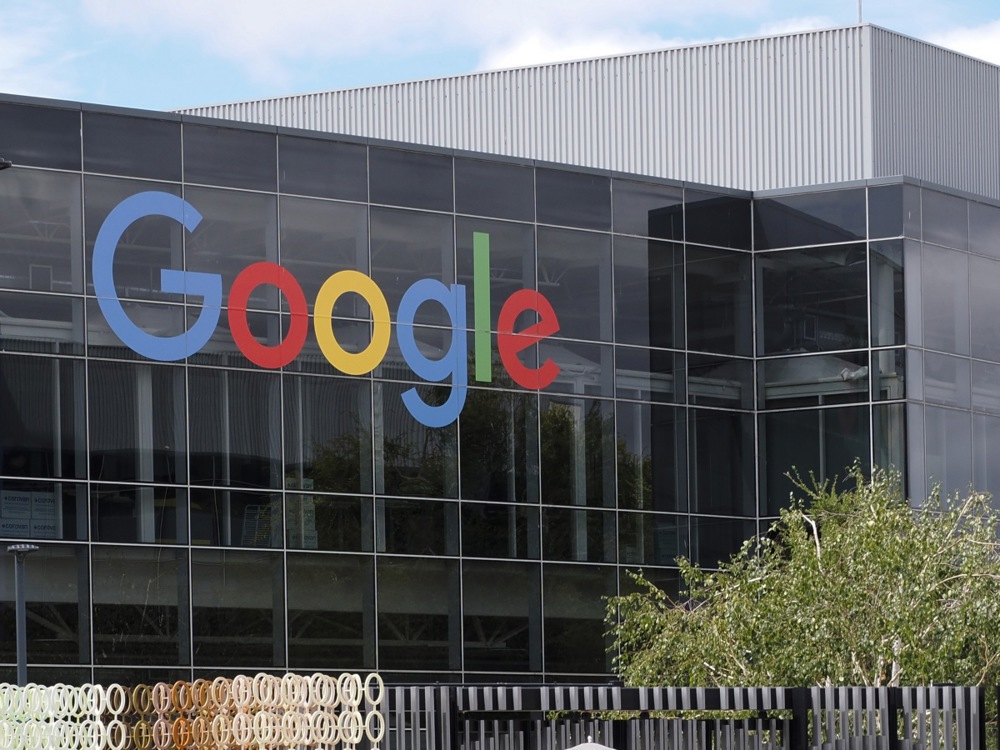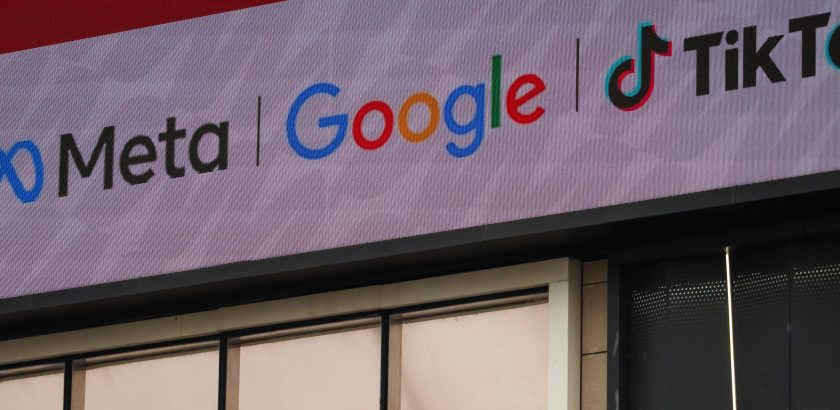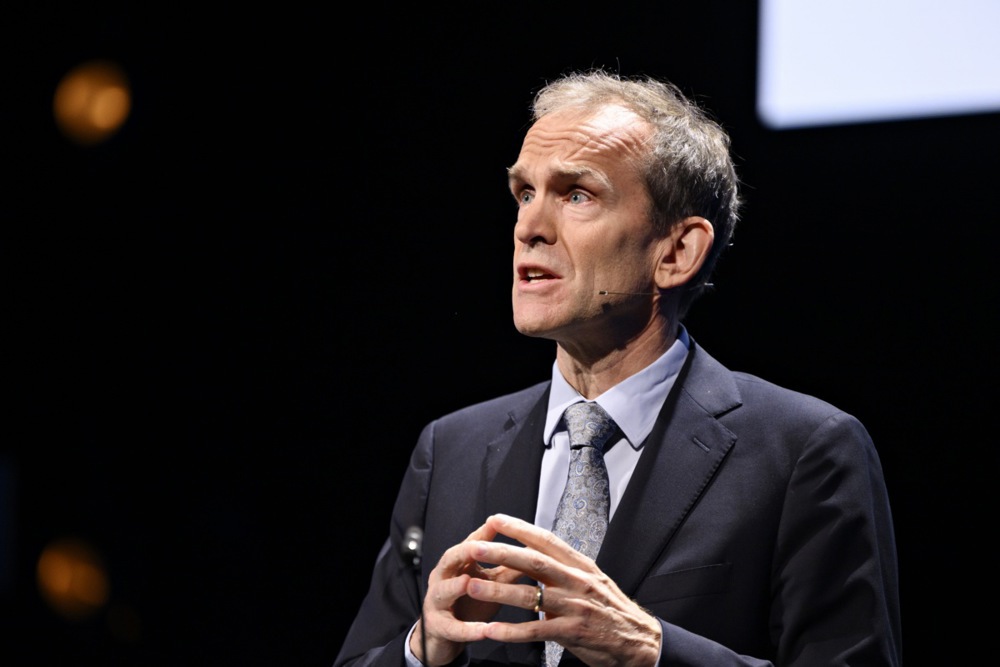A Berlin court has ruled that LinkedIn was right to block and suspend accounts that posted about Covid-19, despite the posts being correct.
It did so on the grounds that their content contradicted guidance from the World Health Organisation (WHO).
The court based its ruling on the controversial Digital Services Act (DSA), the European Union’s regulation that creates a framework for online platforms to be more accountable, transparent and safer for users, German magazine Cicero reported yesterday.
In 2022, a LinkedIn user published three posts discussing compulsory Covid vaccines.
LinkedIn subsequently blocked these posts and suspended the user’s account, citing the platform’s responsibility to prevent the spread of false or misleading information. It said it was referring to the guidelines of leading health authorities, including the WHO, as the benchmark for acceptable content.
The user challenged LinkedIn’s actions in court, seeking reinstatement of both the posts and the account in question.
In July 2024, the Berlin II Regional Court partially upheld the claim, ordering LinkedIn to restore the account but not the posts. The user appealed and the Berlin Court of Appeal ruled on September 18 this year that LinkedIn was permitted to block the account entirely.
The Court of Appeal based its decision on the DSA, which replaced Germany’s earlier Network Enforcement Act.
Under the DSA, online platforms can define general terms and conditions that allow them to restrict content, including material deemed inconsistent with the guidance of recognised health authorities.
This extends beyond laws in place in European nations before, which were aimed at combating criminal content, to encompass disinformation more broadly.
According to the German Court of Appeal, LinkedIn’s policy of flagging content contrary to WHO guidelines as “false or misleading” was lawful.
The court prioritised LinkedIn’s right to conduct business, concluding that the platform was justified in setting health-related standards without evaluating the accuracy of each individual statement.
It classified texts, even those citing scientists, that opposed mandatory vaccination as “inadmissible content” simply because they contradicted the WHO’s assessments.
The Court of Appeal further asserted that criticisms of the WHO or Germany’s Robert Koch Institute (RKI) were irrelevant if the content conflicted with official guidelines.
Evidence suggesting strong political influence on these institutions was disregarded, reinforcing the platform’s power to remove dissenting content.
Under DSA, platforms are able to restrict use in their terms and conditions as long as they are applied transparently.
This ruling contrasts sharply with the approach of Germany’s Federal Constitutional Court, which emphasised the importance of distinguishing between factual claims and opinions.
The Constitutional Court has long maintained that only demonstrably false information falls outside the protection of free expression.
A constitutional complaint has been filed with that court, the plaintiff’s lawyer, Dietrich Murswiek, announced in a statement.
Critics argue that the Berlin Court of Appeal’s approach effectively suppresses alternative viewpoints.
Among the blocked content were excerpts from essays and open letters by professors and legal experts questioning aspects of vaccine policy, including the constitutionality of a proposed vaccination mandate.
According to the Court of Appeal, such contributions contradicted WHO recommendations and were therefore subject to removal.
Legal scholars highlight the broader implications. Kerstin von der Decken, Professor of Public Law at Kiel University, noted in June 2020 that freedom of expression requires exposure to diverse opinions.
“Every person should hear as many perspectives as possible to form, revise, or confirm their own views,” she wrote.
Critics argue this elevates institutional authority above individual rights, even after the end of the pandemic.
By restricting discourse to a single authoritative source, social media platforms risk undermining the very principle of public debate, they say.
If upheld as precedent, it could establish that freedom of information and expression on social media is contingent on alignment with official sources.
This would effectively invert the principle of free speech, critics say.
Worse, accurate statements challenging institutional narratives could be blocked, while unverified claims consistent with official guidance may proliferate.
In his statement, Murswiek said: “The Court of Appeal has grotesquely misjudged the importance of freedom of expression. Private platforms must also respect fundamental rights if they offer a forum for the exchange of opinions.
“A general terms and conditions clause that prohibits any criticism of the opinions of the WHO or a national health authority violates freedom of expression at its core and cannot be justified in any case.”
Murswek said the ruling was undemocratic in principle and that it could lead to “truth ministries” regarding certain topics.
“We only know something like this from Orwell’s ‘1984‘ and from dictatorial arbitrary regimes,” he warned.





